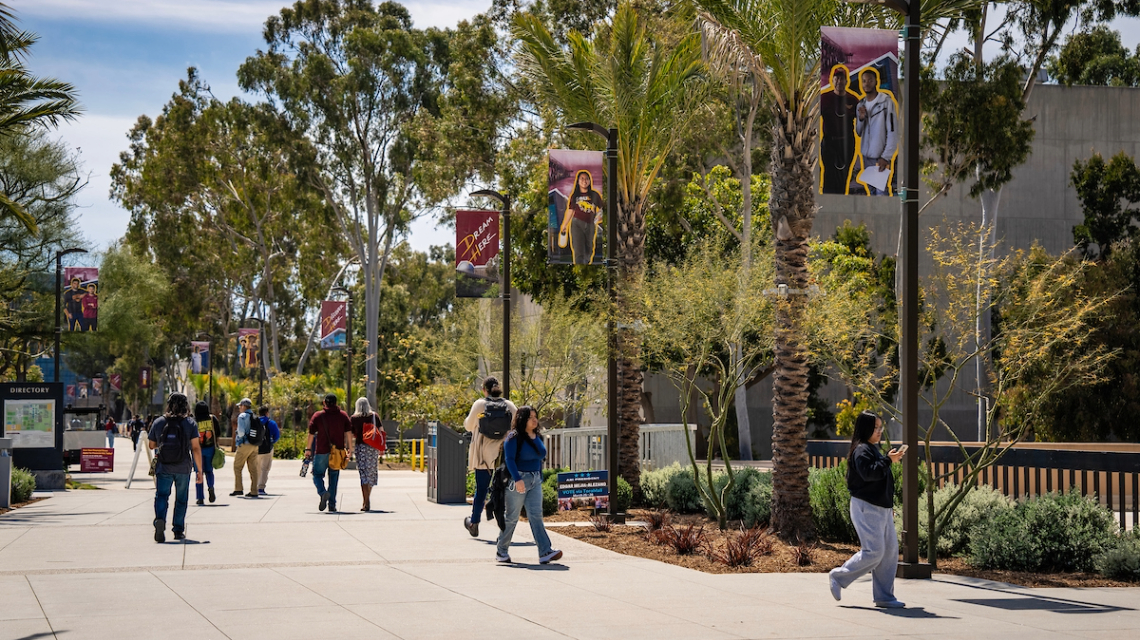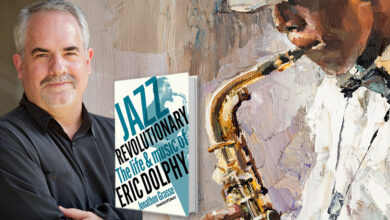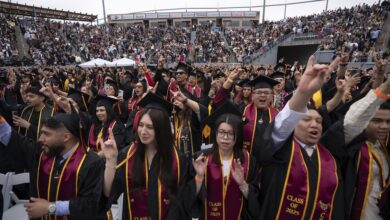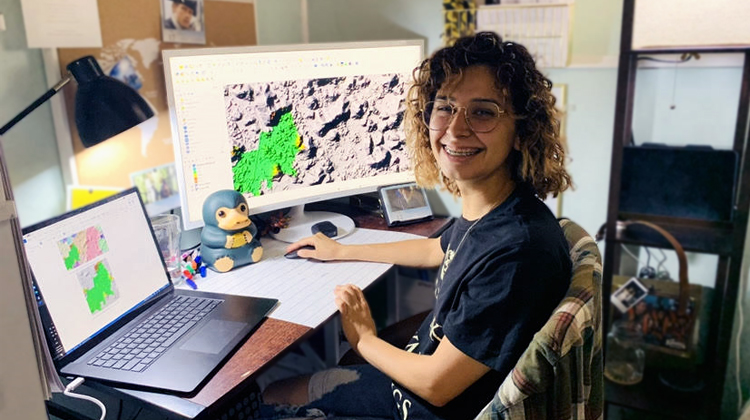
While the pandemic may have put a damper on anthropology student Yesenia “Rubi” Landa’s plans to travel abroad to research the water management strategies of the Maya, her thirst for knowledge still resulted in sound data-driven conclusions.
As an undergraduate researcher at CSUDH, Landa has examined climate change data gathered in Cerro Hul, a small Maya site in the Puuc region of the Yucatán Peninsula in Mexico. She worked under the guidance of Assistant Professor of Anthropology Kenneth Seligson.
“My research was conducted to estimate the total water storage capacity of underground cisterns – known as Chultuns – at Cerro Hul, and whether they would have been enough to support the population during the dry season and drought periods,” says Landa, who will graduate from CSUDH this spring.
Landa’s notable findings suggest that water stored in the underground cisterns would have been sufficient to support the local community. They also helped earn her the prestigious Graduate Research Fellowship from the National Science Foundation (NSF), one of the most sought-after fellowships in the nation for students eager to conduct graduate-level research.
This year, two CSUDH alumni were also awarded the NSF Graduate Research Fellowship: Alexis Diaz, a Biology major who graduated in 2020 and is currently at CSU Long Beach; and Bobbie Benavidez, and Anthropology major who earned her bachelor’s at CSUDH in 2018 and is currently at Northwestern University.
“When I found out about the fellowship I was overwhelmed with happiness and instantly started crying, as I felt a huge sense of accomplishment, but also as if many more opportunities were now opened for me,” says Landa.
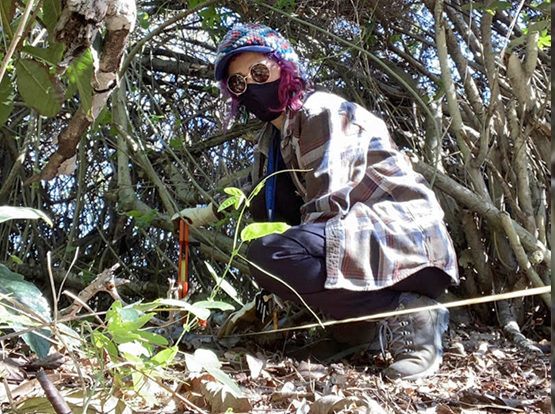
The NSF program awards about 2,000 fellowships each year. It supports outstanding students in science, technology, engineering, and mathematics who are pursuing advanced degrees, providing an annual research stipend for three years, as well as funds for graduate school tuition and fees. It also opens doors to research and professional development opportunities that are invaluable to an up-and-coming scientist.
Adaptive Research
Landa was scheduled to conduct field research in Cerro Hul in the summer of 2020. On-site, she would have utilized data gathered by Seligson, who used Light Detection and Ranging (LiDAR), a remote sensing method to generate precise, three-dimensional information about the shape of the Earth in the region and its surface characteristics.
“[After analyzing Seligson’s data] I would have conducted soil core analysis in watershed areas that may have been used by Maya for seasonal pools, and a pedestrian foot survey to see if there were any features that the LiDAR missed, and to see the features I did map were actually what I thought they were,” she explains.
When the trip was cancelled, Landa adapted by carrying out her research using spatial analysis on Quantum GIS (QGIS), a free open-source Geographic Information System.
With the QGIS, her findings that underground cisterns would have been sufficient to support the local community included the assertion that the Maya population was much larger.
“My water usage calculations also did not take into account agricultural or other use, so I believe that there could have been other water storage strategies being used, such as seasonal pools instead of just the chultuns,” she says.
Rubi Landa is in CSUDH’s McNair Scholars Program, which encourages and prepares students who are traditionally underrepresented in college to pursue graduate studies – specifically, a Ph.D. Her faculty mentor in the program is Assistant Professor of Anthropology Sarah Lacy.
This fall, with the financial support of the NSF fellowship, Landa will pursue original graduate research projects in the geography Master of Arts to Ph.D. track program at University of Texas at Austin.
Her goal is to conduct interdisciplinary research while working closely with geographers, cultural anthropologists, and archaeologists. She says that the fellowship was the deciding factor in where she would pursue her doctorate.
“In future research, I hope to come to an understanding as to how water storage strategies within smaller Puuc communities changed over time. I also hope to discover if there are uniform or different water management strategy patterns in smaller Puuc community sites, instead of larger sites that have already been studied,” she says.
“It’s important to be aware of how people adapted to the changing climate in the past, especially because we are seeing effects of climate change every day,” she adds.
Landa’s professional goals are to be a professor at a university where she can continue to do summer research in the field, while involving students in her projects. Her hope is that even more underrepresented individuals will seek positions in academia.
“I know how hard it is to navigate through college and find opportunities that you had no idea existed because I did not have older siblings or parents who went to college to teach me this,” she says. “My mentors have been like my academic parents and have been so helpful when it comes to understanding how academia works and how to navigate through it.”




